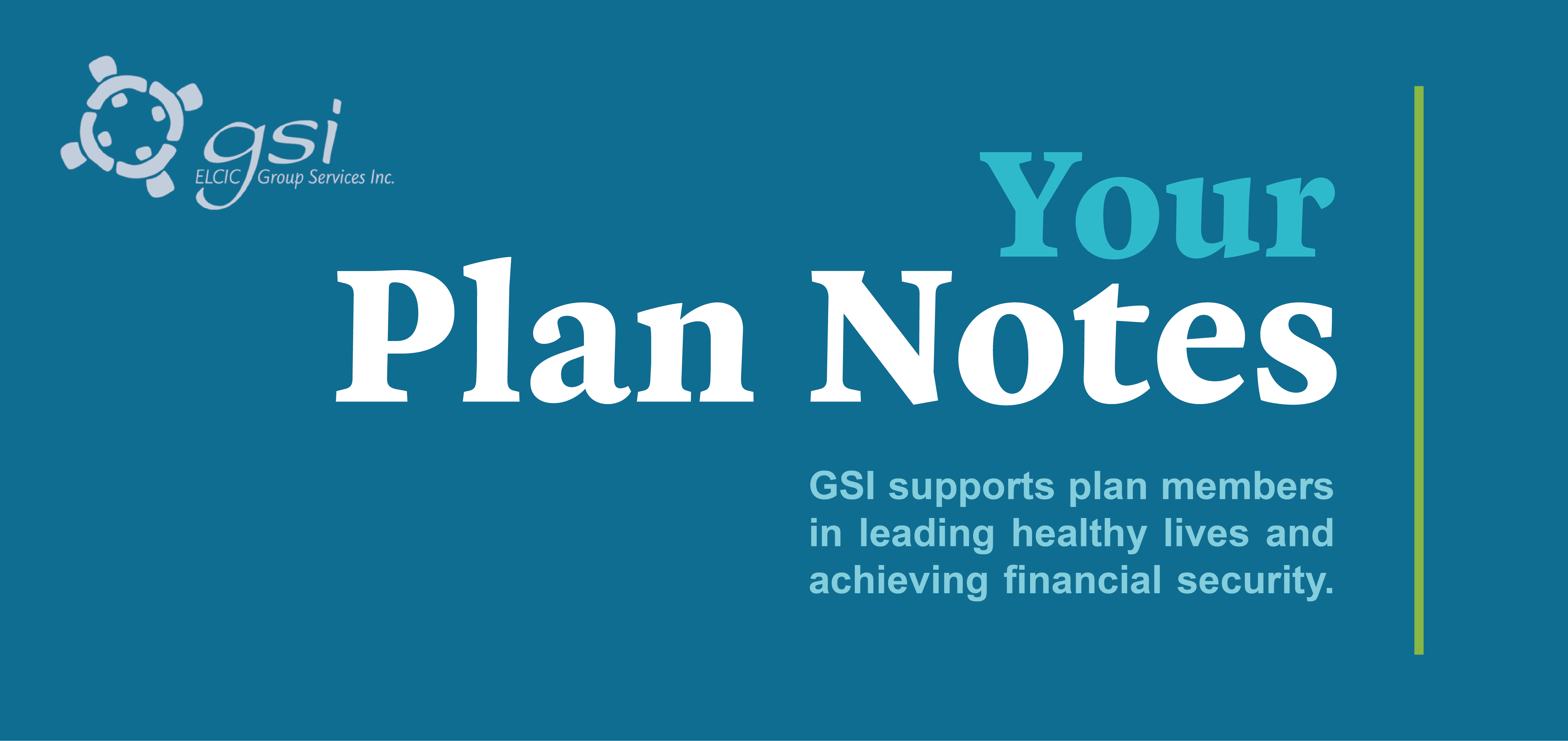
The July Benefits Newsletter includes:
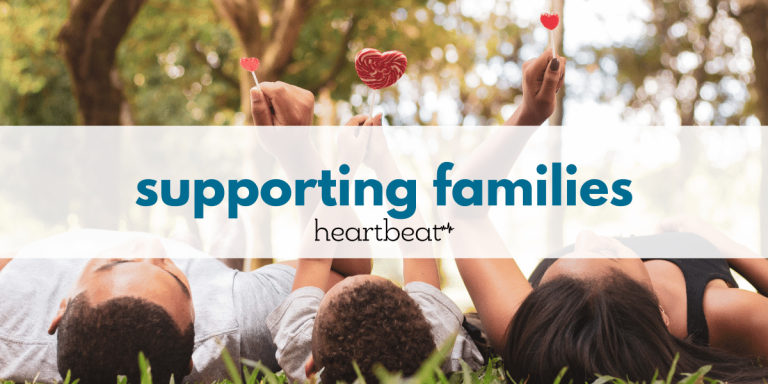
GSI is excited to announce that we have engaged HumanaCare as our new provider for the Member and Family Assistance Plan (MFAP). HumanaCare provides confidential support and counselling. Visit GSI’s wellness page for information about these important services.
Access HumanCare services by setting up your account online or get the app on your mobile phone. The Portal offers easy access to health and wellness articles and videos, self-help links and assessments. It also provides immediate online access to the intake team.

HumanaCare Monthly Webinars
HumanaCare offers additional online resources including free live monthly webinars. These webinars cover a variety of topics in order to support a wide range of individual needs and situations.
Here is a description of the July webinar and the link for tomorrow. We also invite you to make a note of what is coming up for August as it’s sure to be relevant as the fall church programs begin.
July’s topic is:
The Power of Perseverance and Grit
HumanaCare Webinar for July 13 @ 1:30 to 2:30 EST
We have all experienced unprecedented times because of the pandemic and other national challenges. But on top of that, we may have also experienced trials in our personal lives; at times the notion of persevering through it all can seem insurmountable. Join us to discuss a healthy recipe for perseverance and grit.
August’s topic is:
Techniques for Managing Your Stress
Stress is a national epidemic and as the summer fades, and another school year begins, stress tends to peak. In this working session we will discuss and practice mindfulness, breathing techniques and other strategies to take control of your stress.
HumanaCare Webinar for August 10 @ 1:30 to 2:30 EST
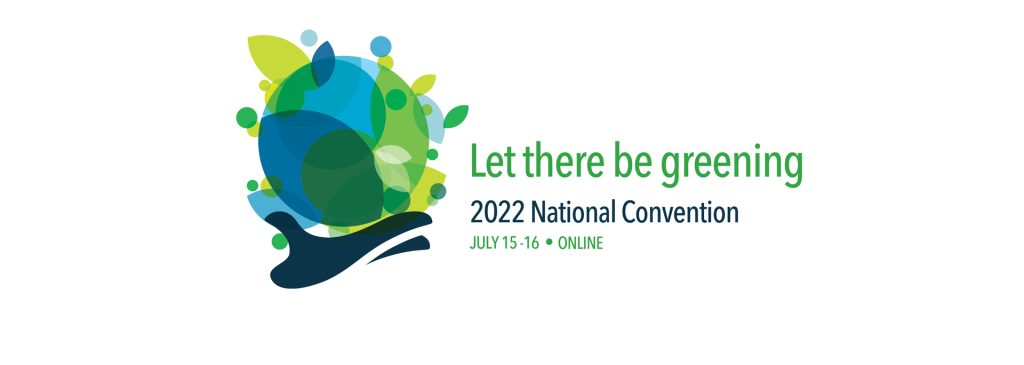
GSI will bring greetings and a short presentation at the virtual 2022 ELCIC National Convention as the ELCIC Pension and Benefits plan sponsor. The presentation will highlight the significant events since the last convention in 2019. Watch us on Friday July 15th in the 3:00 to 6:00 session. We look forward to seeing you in person and chatting with you at the next opportunity.
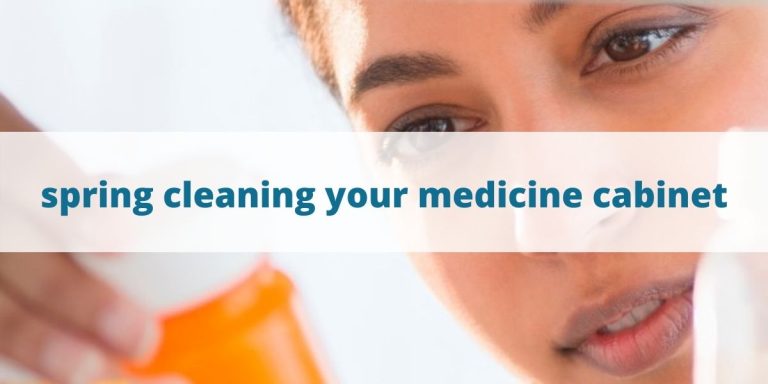
Manulife reminds us of the dangers in keeping unused and expired drugs. A pharmacist offers interesting perspectives and insights on our behaviors and tips for safe disposal of drugs in this Manulife feature article.
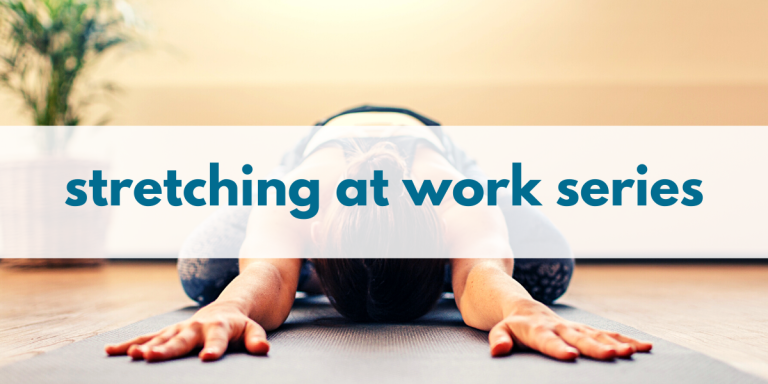
I can remember the times of my youth when doing somersaults was my idea of having fun. That very thought now sends beads of sweat to my forehead. The sound of a pen hitting the floor is enough to make me hyperventilate at having to reach down and retrieve it. As I age, my back wants to cooperate less and less.
Something I’ve found that helps though, is making stretching a part of my day. Whether I’m on my feet all day or sat at my desk, I find my back responds better if I give it a chance to exercise daily.
The link below has upper back stretches that you can do at your desk, followed by mid-back stretches that will need a bit of floorspace to perform.
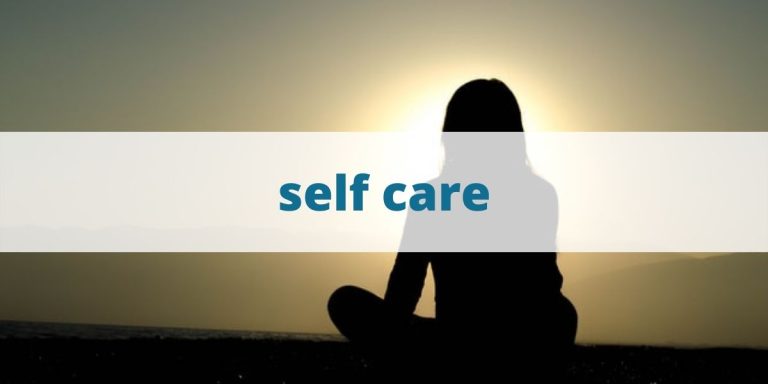
International Self-Care Day is on July 24. This doesn’t mean it’s the one day of the year that we ought to take care of ourselves, but it’s a reminder that self-care is something we should be mindful of throughout the year.
Self-care covers our physical, mental, and emotional wellbeing. It’s about how we take care of these 3 components in coordination with each other.
The annual event was started in 2011 by the International Self-Care Foundation. The organization has established what it calls the 7 Pillars of Self-Care. These are the most important steps we can take to improve our physical, mental, and emotional state.

1. Knowledge & Health Literacy
The first pillar is education. The more time we take to learn about and understand things that affect our health, the more likely we are to make the right decisions about our mind and body. Understanding the 7 pillars of self-care is a great place to begin.
2. Mental Well-Being, Self-Awareness, and Agency
The second pillar highlights the importance of being able to identify and understand our different thoughts, feelings, behaviours, and actions. If we can recognize when and why we are having negative feelings, we can take actions to improve those feelings.


3. Physical Activity
Caring for our bodies with 30 minutes of moderate to intense exercise every day will have positive effects not only on our physical health, but our mental health as well. Exercise releases hormones like endorphins and serotonin, while reducing stress, depression, and anxiety.
4. Eat Healthy
There are a lot of self-care aids that can be used to help you along your self-care journey, but they can’t be relied upon as a quick fix. Particularly with medication, it’s important to use in moderation. Overuse can have significant negative effects.
The HumanaCare July Newsletter has more information on the importance of self-care.


5. Risk Avoidance or Mitigation
Steer clear of situations, environments, or substances that can be directly harmful or trigger negative feelings. Alcohol, smoking, and recreational drugs are substances best to be avoided.
6. Good Hygiene
Personal hygiene is one of the things that start to slip when someone is struggling with their mental health. Maintaining personal hygiene is important to prevent illness or disease but as well to keep the mind healthy.

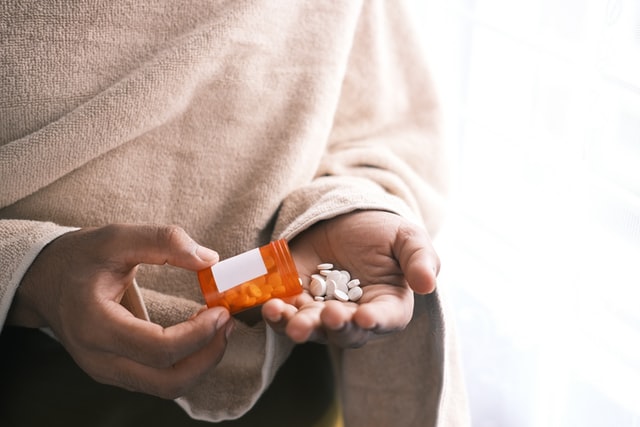
7. Rational and Responsible Use of Products and Services
There are a lot of self-care aids that can be used to help you along your self-care journey, but they can’t be relied upon as a quick fix. Particularly with medication, it’s important to use in moderation. Overuse can have significant negative effects.
The HumanaCare July Newsletter has more information on the importance of self-care.
Have a question for GSI?

